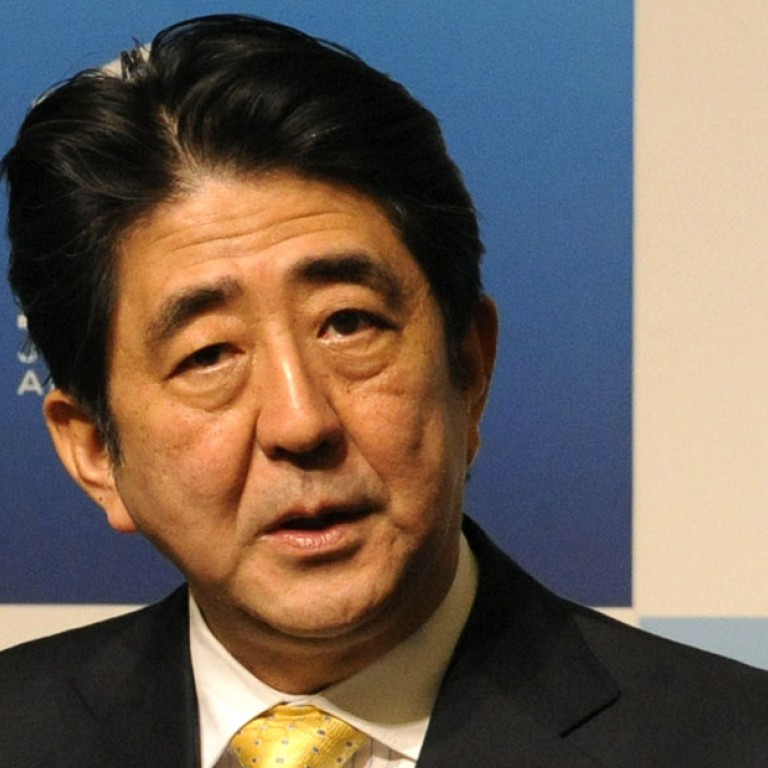
Shinzo Abe's military ambitions will put regional stability at risk
Nationalist Japanese Prime Minister Shinzo Abe has started turning rhetoric to reality by moving to build up the country's military. His government has approved measures that put in place a defence structure and strategy and significantly increase spending and strength.
Nationalist Japanese Prime Minister Shinzo Abe has started turning rhetoric to reality by moving to build up the country's military. His government has approved measures that put in place a defence structure and strategy and significantly increase spending and strength. He has referred to the steps as "proactive pacifism" to make them more palatable to critics and China and other neighbours that suffered at the brutal hands of Japan's imperial forces during and before the second world war. The planned changes are anything but peaceful, though; Northeast Asia's stability will deteriorate if Abe's vision is allowed to come to fruition.
Three security documents were approved by lawmakers last Tuesday, forging a ground-breaking direction for the nation. The first-ever national security strategy aims for a more mobile military and calls for study of the need for long-range strike capability. Near-term strategy and force structure planning were detailed in the defence programme outline and mid-term defence plan. Military spending will increase by almost 5 per cent over the next five years. Controversial secrecy legislation has been approved and a national security council launched.
Abe and his supporters want Japan to break with its post-war US-imposed pacifist constitution. They seek a nation that is able to defend itself and be less reliant on foremost ally the US, whose 50,000 military personnel stationed in the country form the backbone of national defence. Rising tension with China and South Korea over disputed islands has meant citizens' growing support. The ambitions dovetail with Washington's desire, based on economic objectives, for Tokyo to take greater responsibility for its own defence, mapped out in October when the sides agreed to modernise their military alliance.
The developments point in a worrying direction for China and Korea, which bore the brunt of Japan's war-time aggression. They do not believe the nation has sufficiently apologised for its crimes, which Abe and other nationalists are seen as denying. Western governments have taken a two-faced approach: they have expressed no concern about a rise in Japan's military spending or a strengthening of its forces, but greet China's annual increases with misgivings.
Any Japanese military buildup is only going to further stir an arms race. The US has to use its influence to dampen the ambitions of Abe and his cabinet. To do otherwise will only let the region go down a dangerous path.

